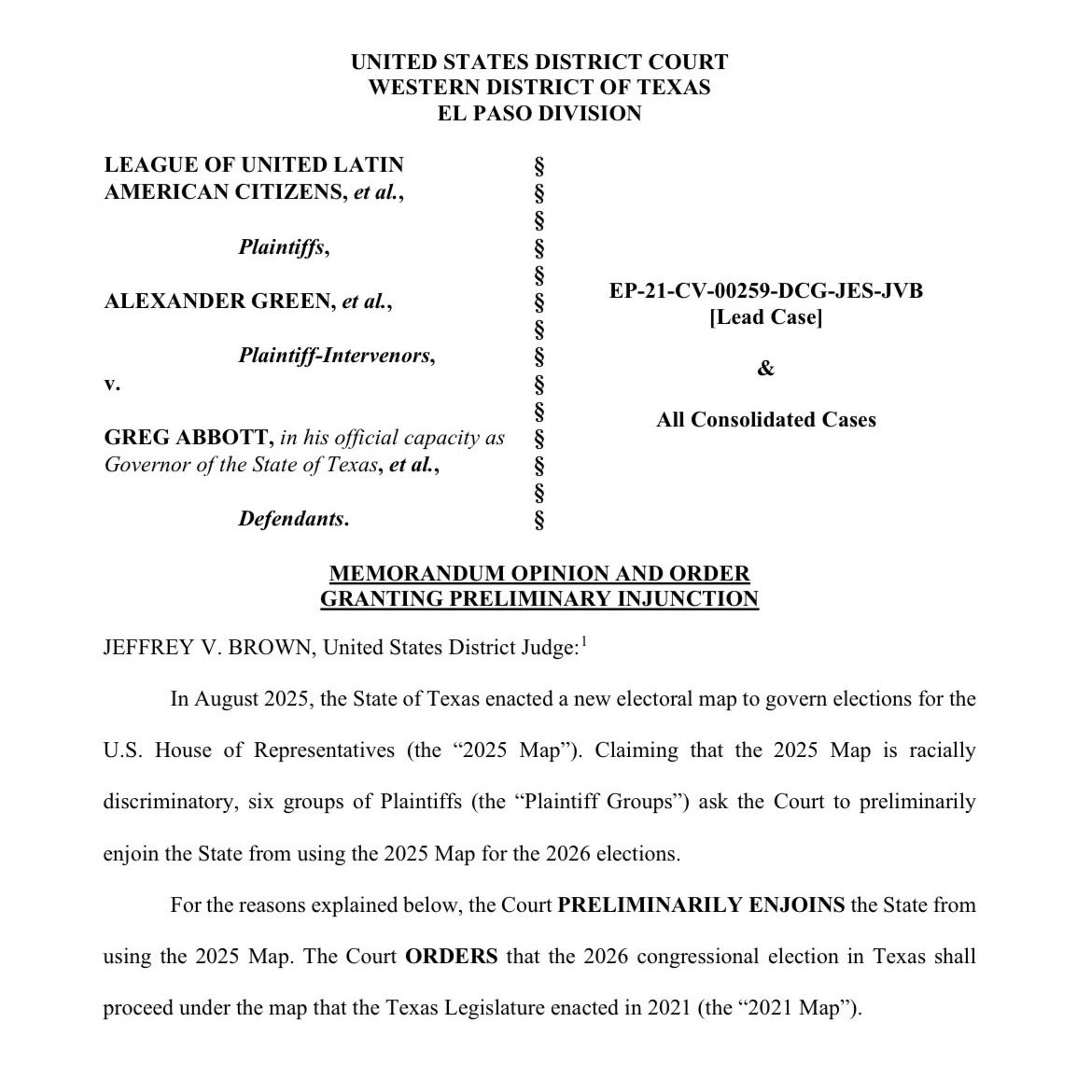NC Governor Stein Advocates for Amnesty for Long-Term Illegal Immigrants
North Carolina Governor Josh Stein has expressed his support for granting amnesty to long-term undocumented immigrants, particularly those who have been contributing to the state's economy through various jobs. In recent statements, Stein emphasized that individuals engaged in essential work, such as landscaping, should not face repercussions for their immigration status if they have been residing in the country for an extended period.
Stein's remarks come amid ongoing national debates over immigration policy and the treatment of undocumented immigrants. He argued that individuals who have lived and worked in the U.S. for years, contributing to their communities and the economy, should be considered for amnesty. "If someone has been here long enough and has established a life, they should not be penalized for breaking immigration laws," Stein stated.
The governor's position aligns with a growing sentiment among some lawmakers and advocacy groups who believe that a pathway to legal status for long-term undocumented residents is a necessary step toward comprehensive immigration reform. Stein's comments reflect a recognition of the contributions made by these individuals, who often fill labor shortages in various sectors.
While Stein's advocacy for amnesty may resonate with many, it also raises questions about the broader implications for immigration policy in North Carolina and beyond. Critics of amnesty argue that it could encourage further illegal immigration and undermine the rule of law. However, supporters contend that providing a pathway to legal status for those who have established roots in the community is a humane and pragmatic approach.
As the conversation around immigration continues to evolve, Governor Stein's stance highlights the complexities of balancing enforcement with compassion for those who have made significant contributions to society despite their undocumented status. The discussion is likely to gain further traction as state and federal lawmakers consider potential reforms in the coming months.


